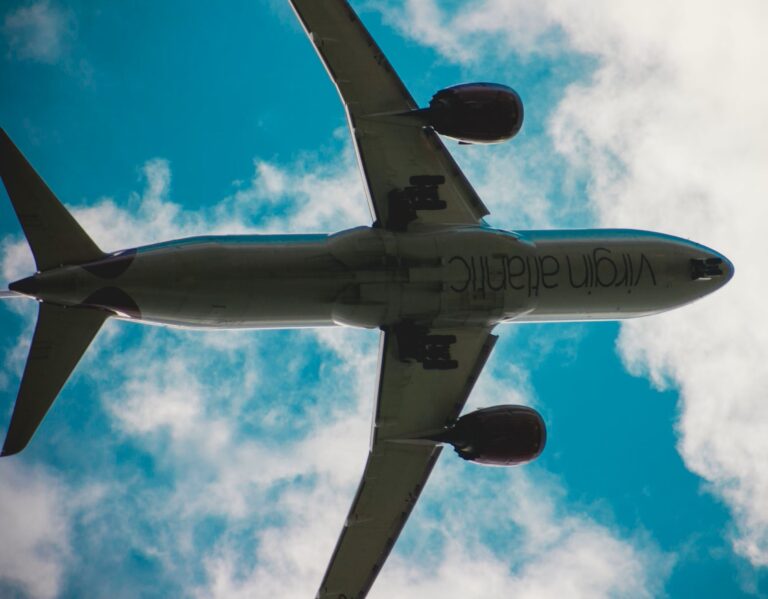It is well known that planes are one of the most polluting forms of transportation by far. A kilometer by plane pollutes about 10 times more than a kilometer by train. According to WWF, the aviation sector is responsible for about 7 percent of greenhouse gas emissions.
And all this happens, moreover, while an absolutely majority slice of the world’s population has never been on an airplane. Thus underscoring the fact that polluting with domestic, international and transcontinental flights is a rather small slice of the global population. Which can thus be defined as privileged.
So there is no doubt. Whenever possible, the train is and remains a far preferable means of transportation to the airplane. Which should be only the last among the solutions to be considered. At least until the aviation sector can be said to be sustainable. Which unfortunately still seems a long way off in time. Current technology in fact does not contemplate the concrete possibility of commercial aircraft propelled by electric motors.
However, the possibility of flights powered only by sustainable fuel is being hinted at from many quarters. In fact, on November 28, the first transatlantic flight powered exclusively by SAF, and therefore environmentally friendly, fuel took off and landed.
Table of Contents
Virgin Atlantic flight with sustainable fuel
Putting the first transoceanic flight powered by 100 percent SAF fuel on the runway and in the air was British airline Virgin Atlantic.
On November 28, the Boeing 787 took off from Heathrow Airport in London and landed in New York. It should be mentioned that there were no paying passengers or cargo on the flight. So it did not constitute a true commercial flight.
On board, however, was among others the airline’s founder, Richard Branson. Who said he was proud to have led the way in decarbonizing aviation, speaking of a “historic” flight. But while it is certain that this is the first plane to cross the ocean SAF fuel, it is not certain that this is the way forward for sustainable commercial flights.
What is SAF fuel
SAF fuel, or sustainable aviation fuel, is produced from waste oils, wood and algae residues, and other plant-based products, such as synthetic kerosene made from corn.
Until now, SAF fuel has in fact only been used blended with regular-and polluting-aircraft kerosene. And this flight was precisely made to demonstrate that it is possible to rely solely on this alternative.
Criticism leveled at Virgin
Some, like the environmental association Stay Grounded, have called Virgin’s initiative greenwashing. Partly because it would be aimed at covering up the company’s daily pollution. And partly because this solution would represent a “dead end” at the technological level.
Quite simply, SAF fuel cannot be produced in sufficient quantities to meet aviation needs. Indeed, the Royal Society’s “Net Zero Aviation Policy” report showed that in order to fuel aircraft with these plant-based fuels, it would be necessary to convert the crops of about half of the UK’s agricultural land.
No wonder, then, that to date this fuel – which costs three to five times as much – accounts for only 0.1 percent of the fuels produced for aviation.
For now, as Greenpeace UK scientist Doug Parr explained, the only effective way to reduce greenhouse gas emissions from the commercial flight sector is to reduce demand. That is, precisely, until technology offers real, viable alternatives.
Read also: Planes or cars: what pollutes the most?












